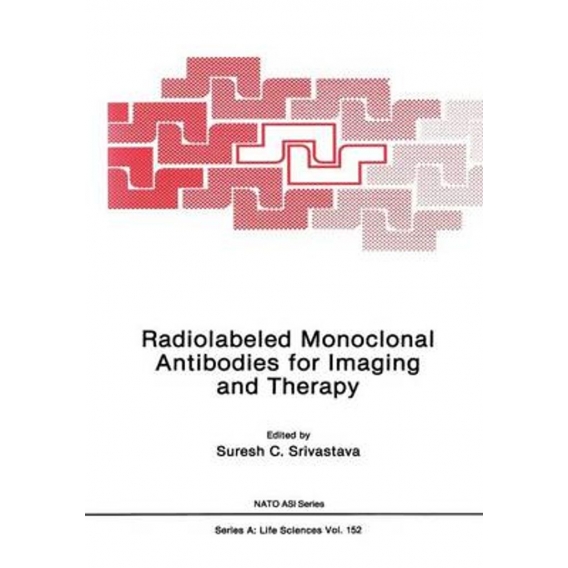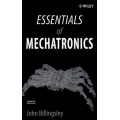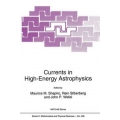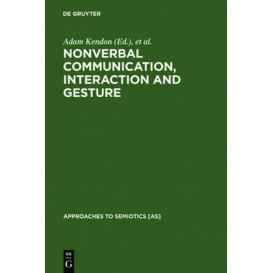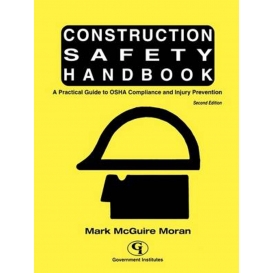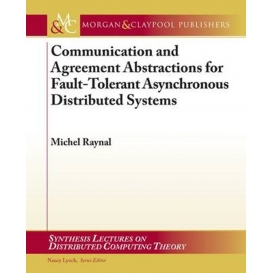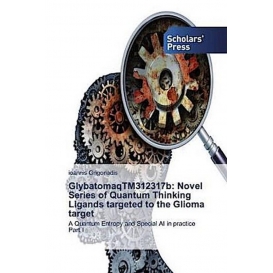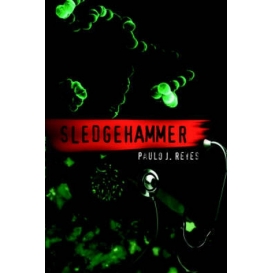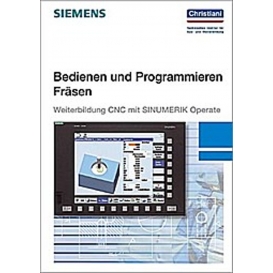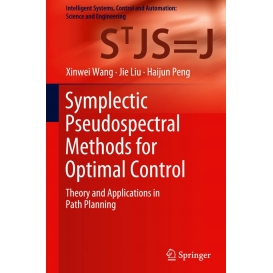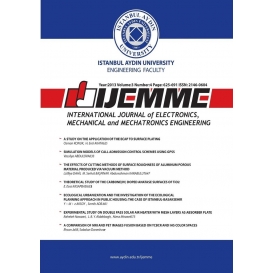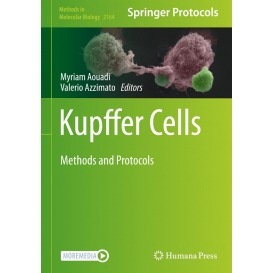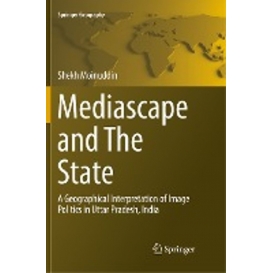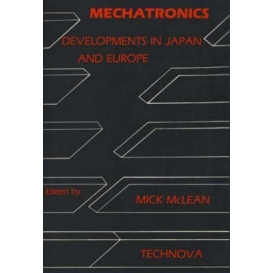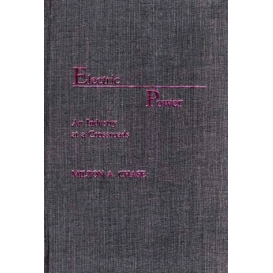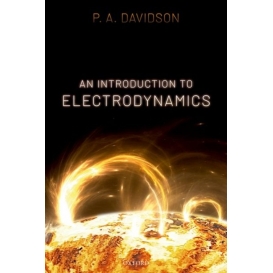New product
The advent of hybridoma technology leading to the successful produc tion of monoclonal antibodies against a variety of tumor-associated antigens has, during the last decade, provided a very powerful tool for research and clinical investigations. These highly specific reagents have essentially replaced the polysera of the earlier days. The successful demonstration of the many wide ranging capabilities of the monoclonal antibody technique has already begun to exert an enormous impact on diverse areas of research in basic science and medicine. In particular, the potential of monoclonal antibodies to serve as carriers for selective targeting of radionuclides to tumors for diagnosis or therapy, has stimulated an intense surge of research interest and even revived hopes of realizing Ehrlich's concept of the "magic bullet". Indeed, the technology appears to be on the threshold of a revolution in diagnosing and treating malignant disease. Much work remains to be done, however, and even though the progress has been impressive, results to date have shown only moderate success. There is no question that the limited success we have achieved thus far is merely a prelude to the many more exciting developments yet to come.
Print on demand book, New Book, In English, Fast Shipping from our UK Warehouse, Radiolabeled Monoclonal Antibodies for Imaging and Therapy printed by Springer

